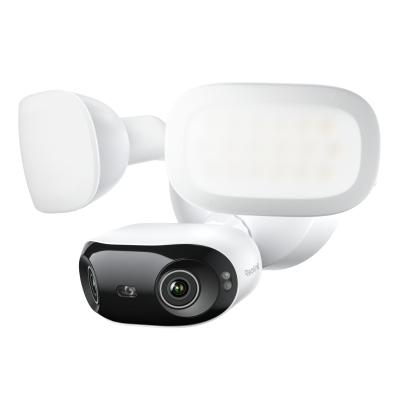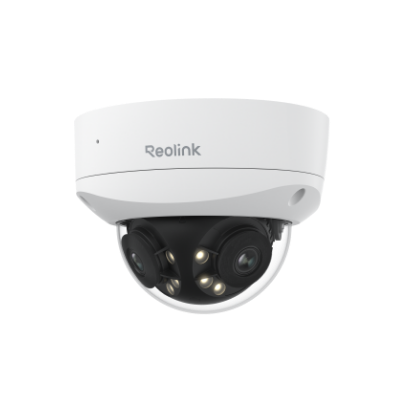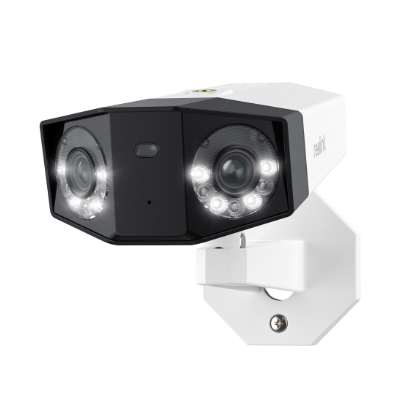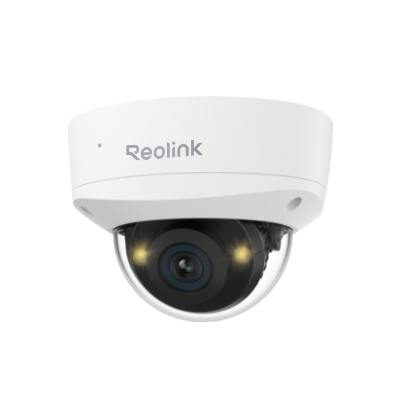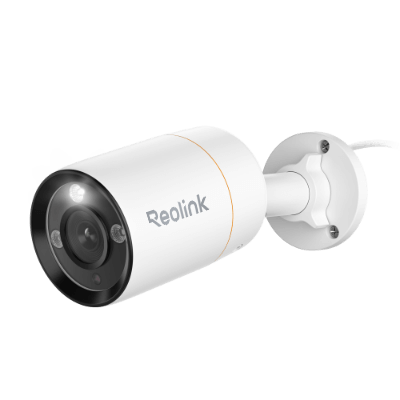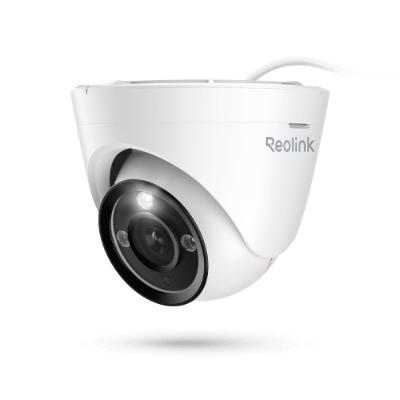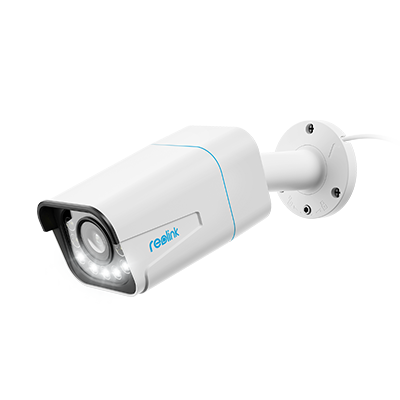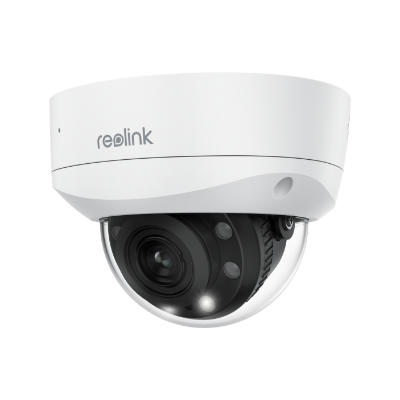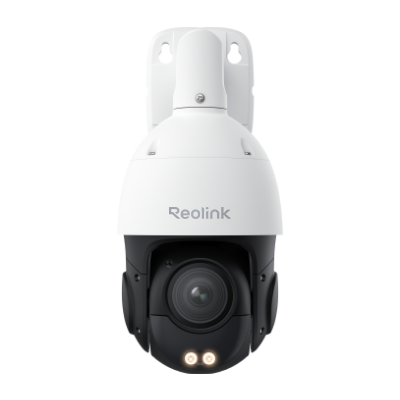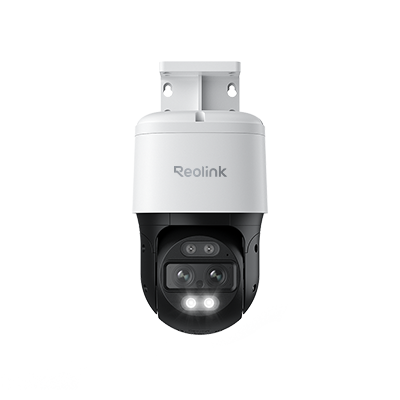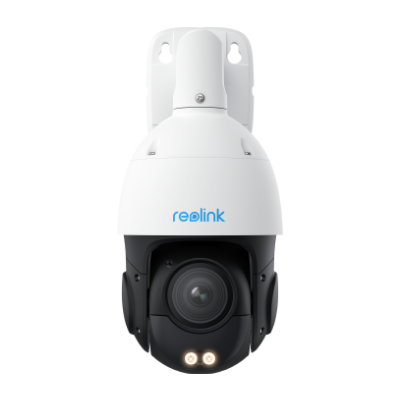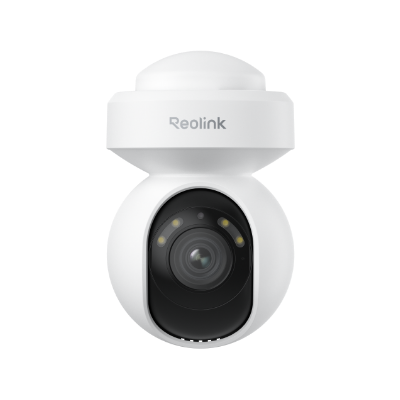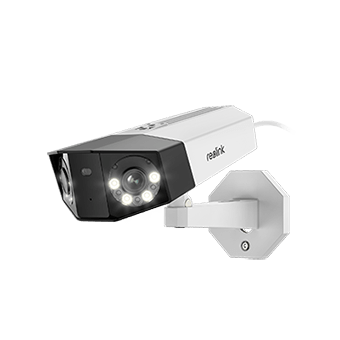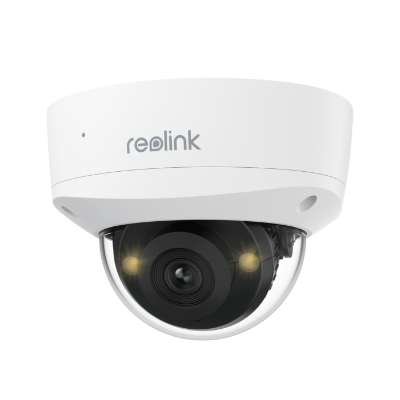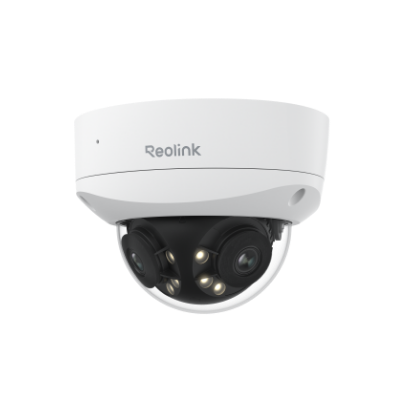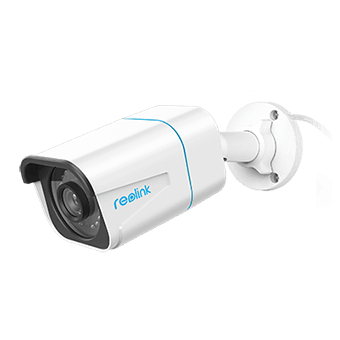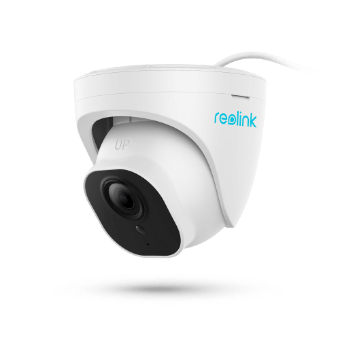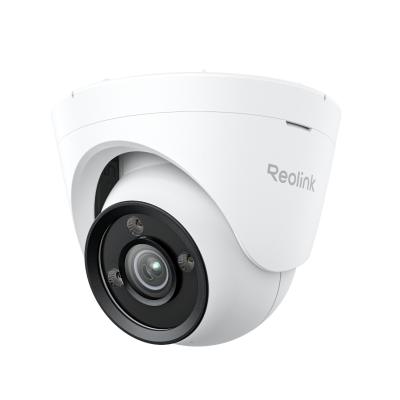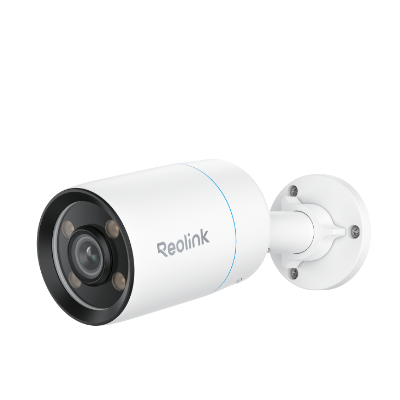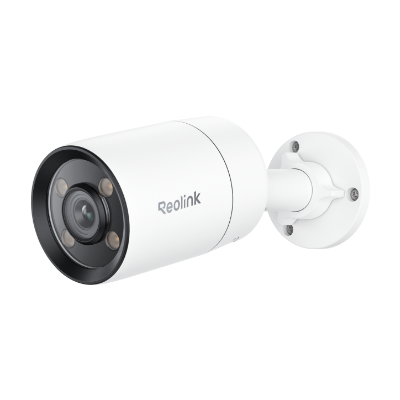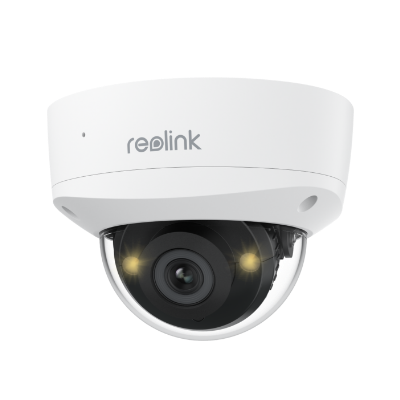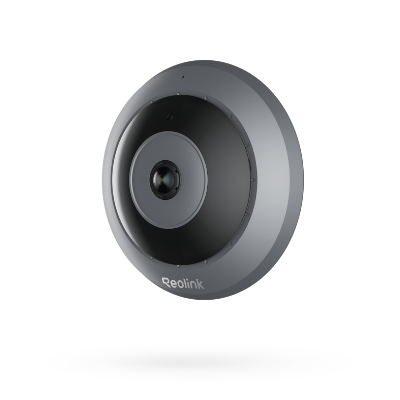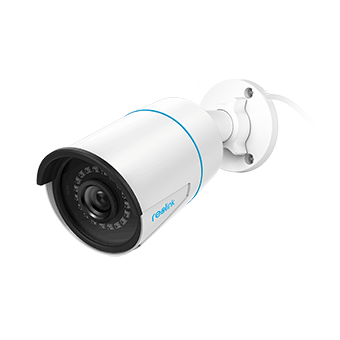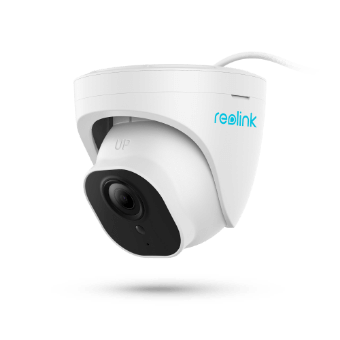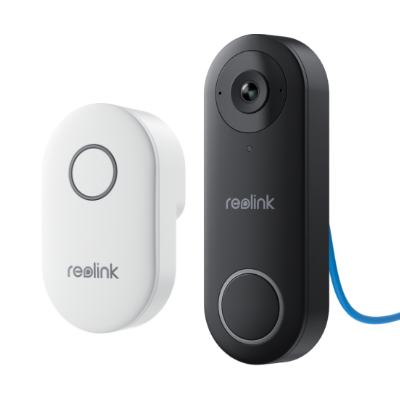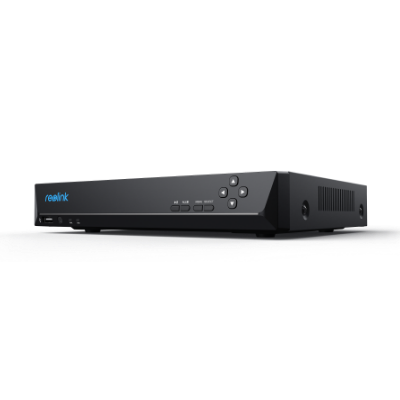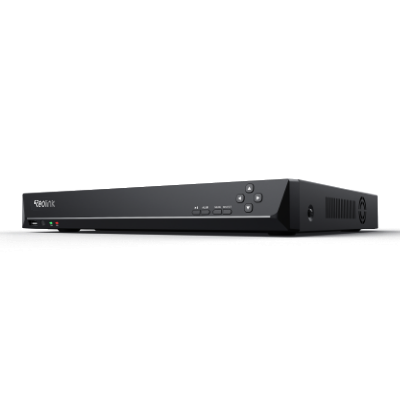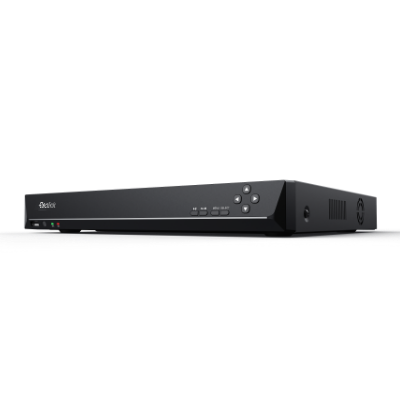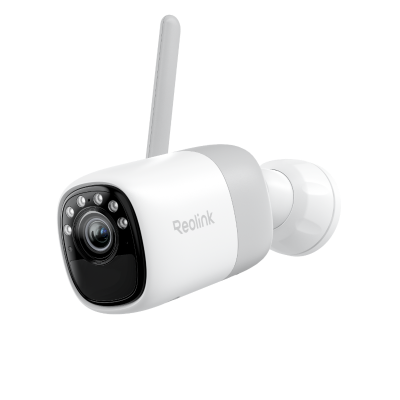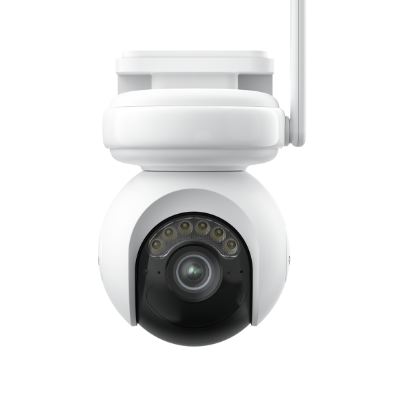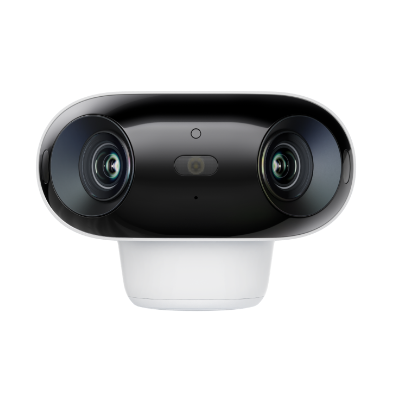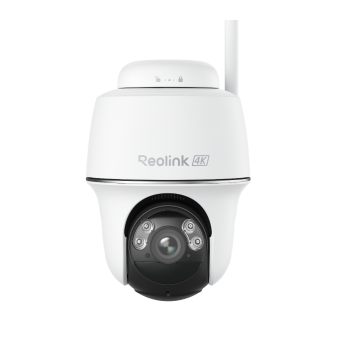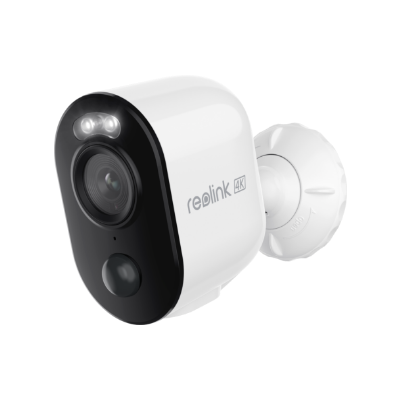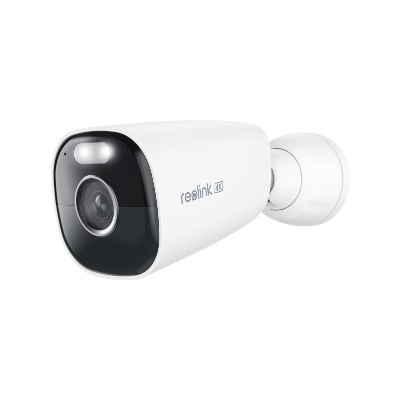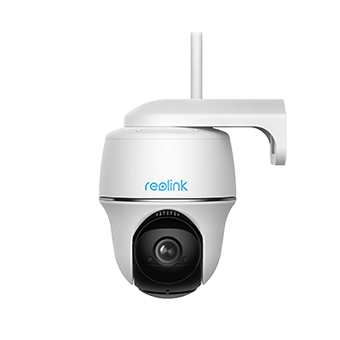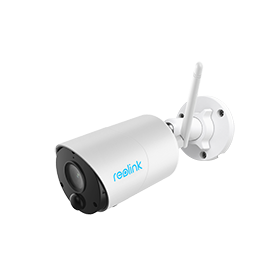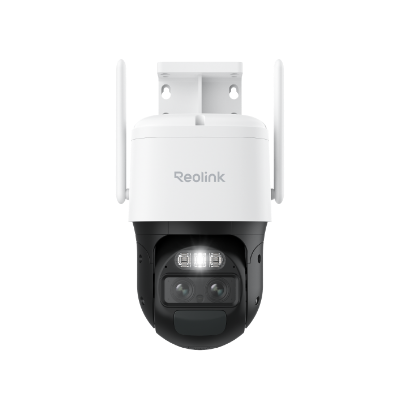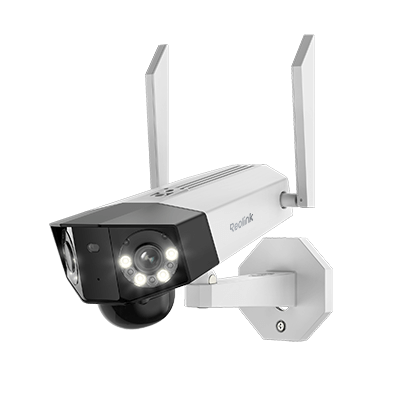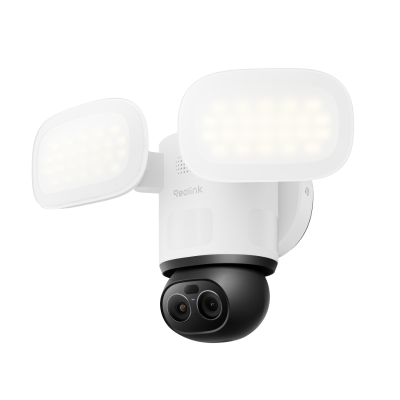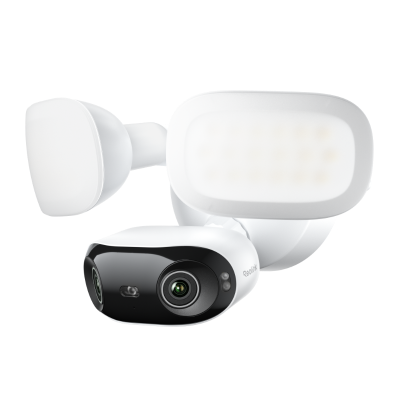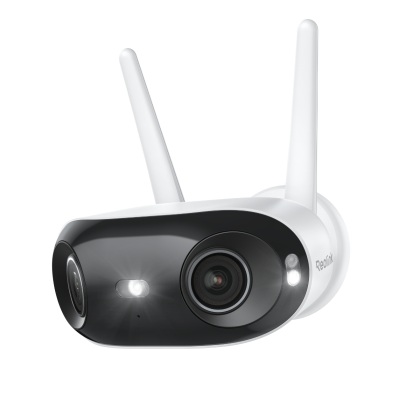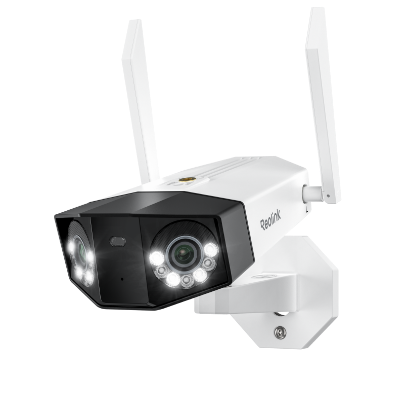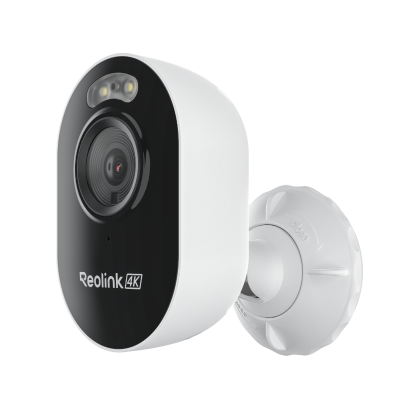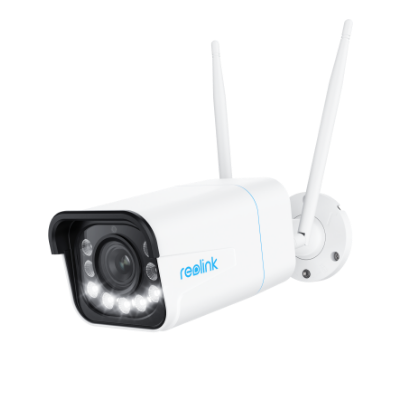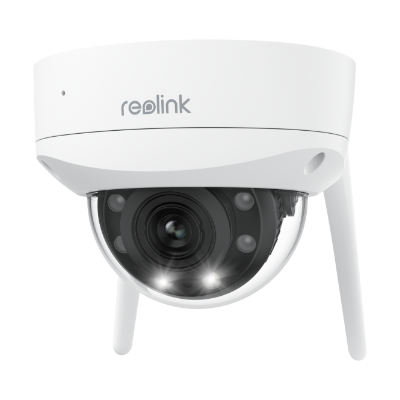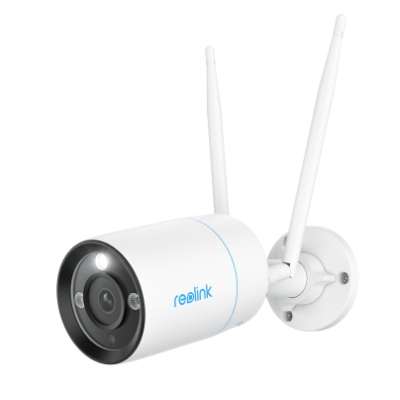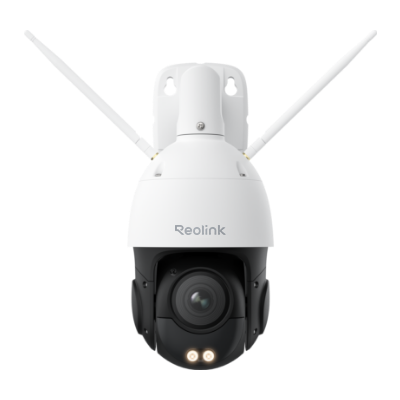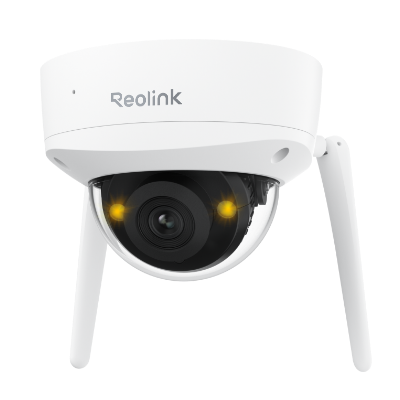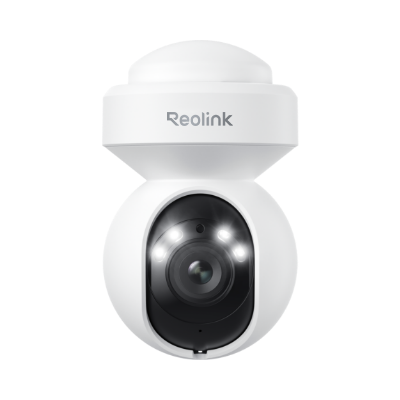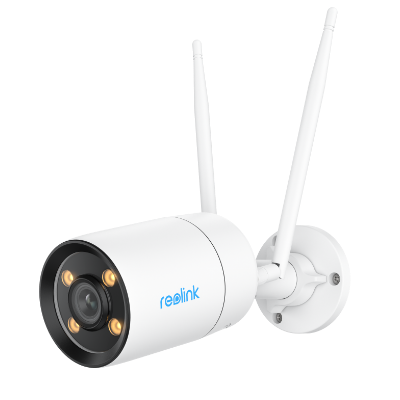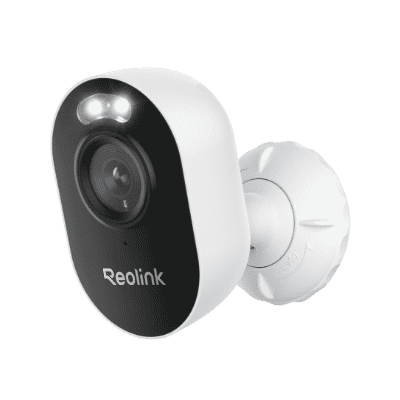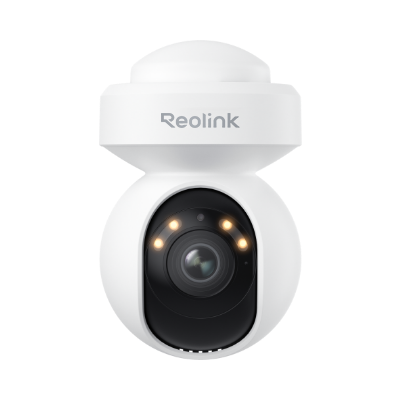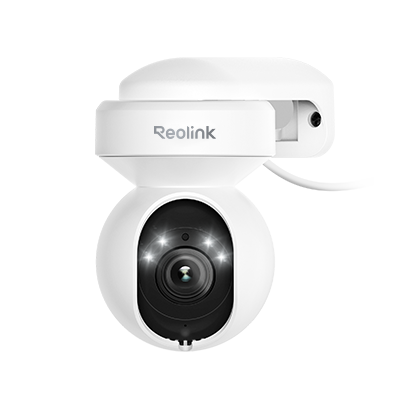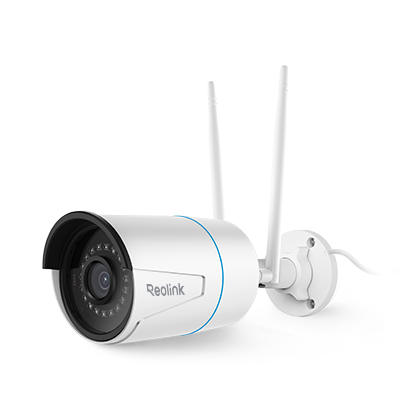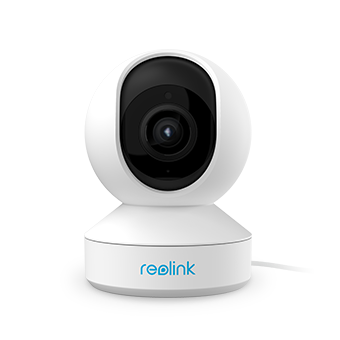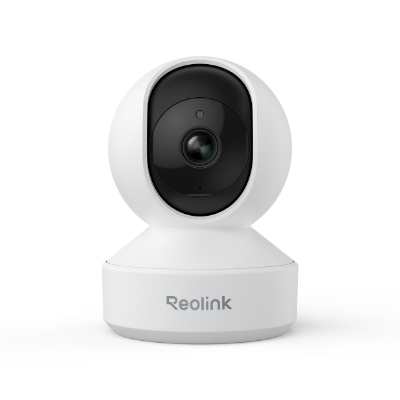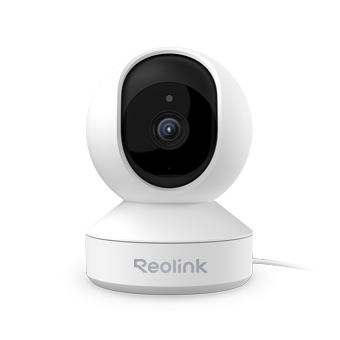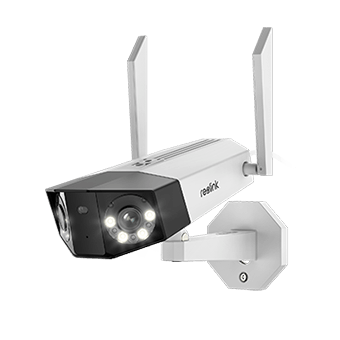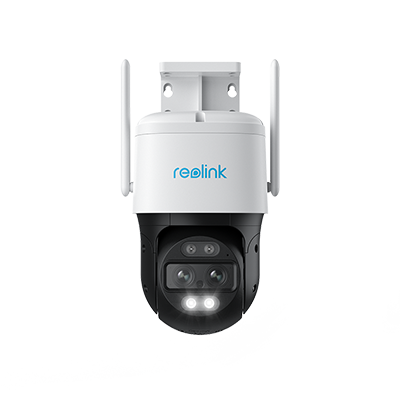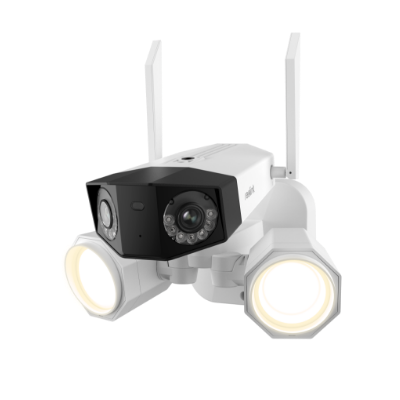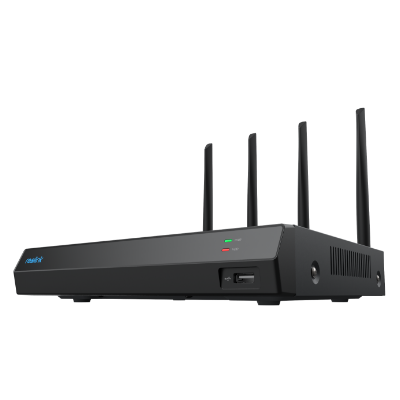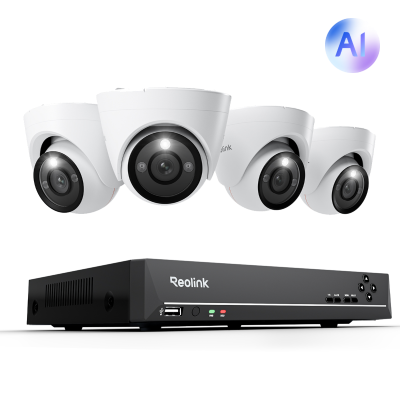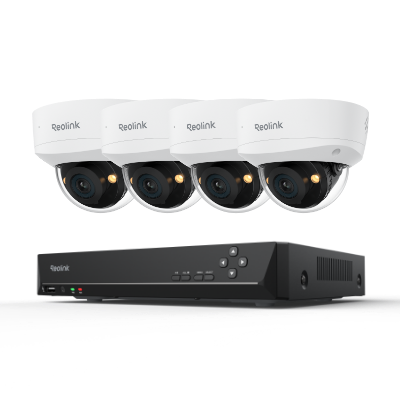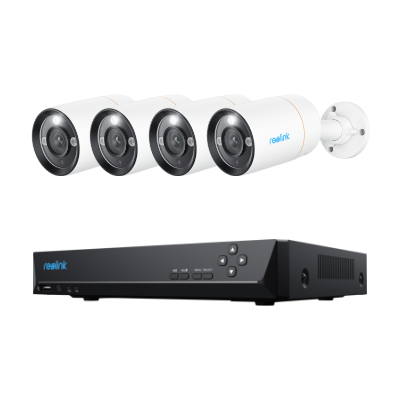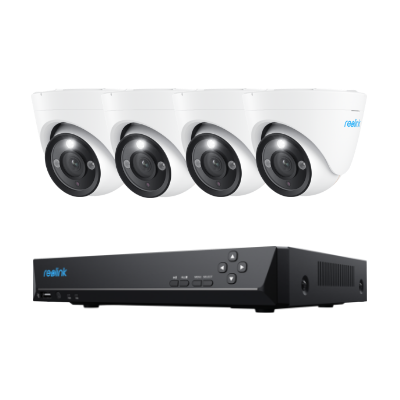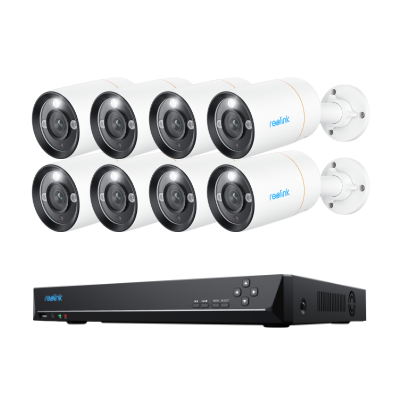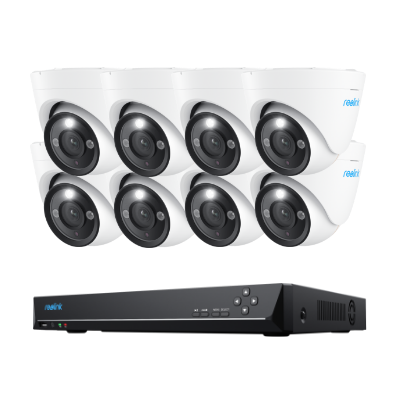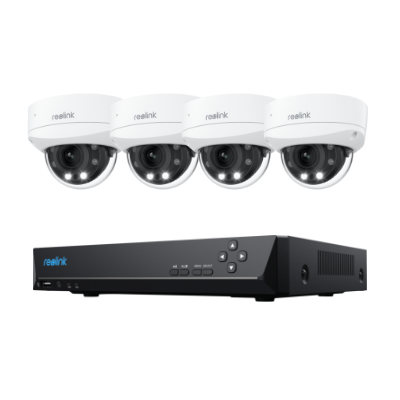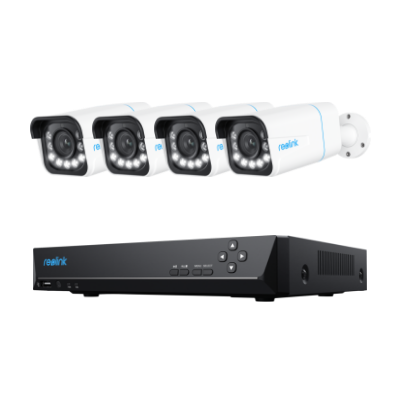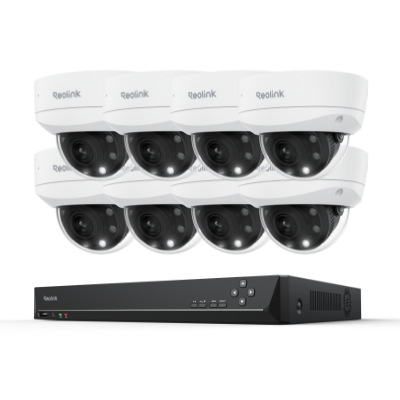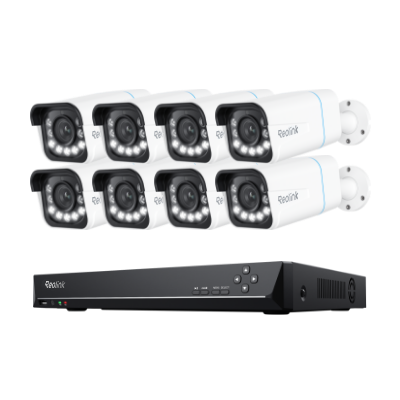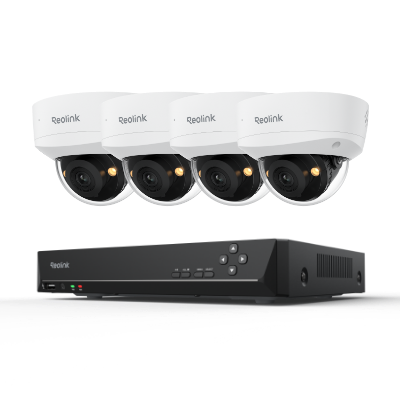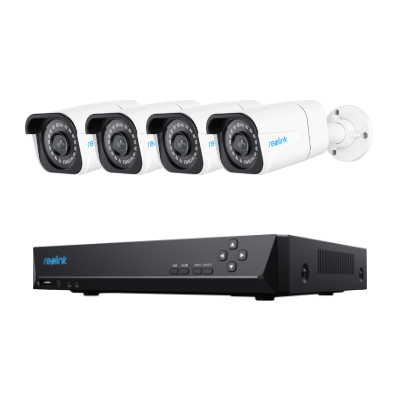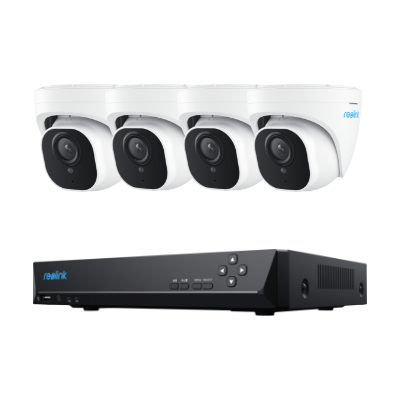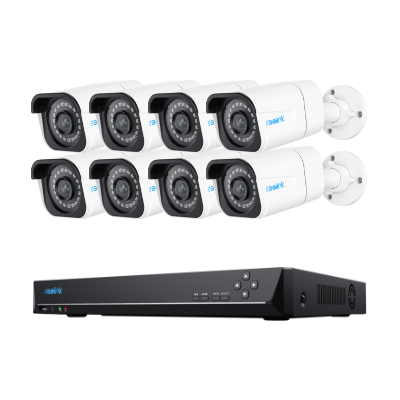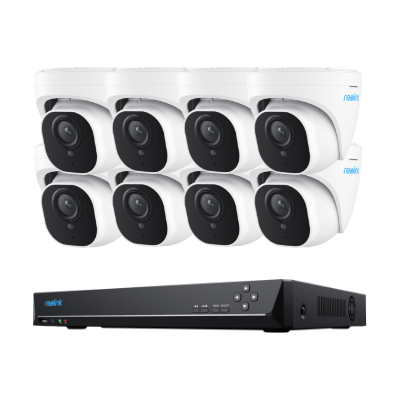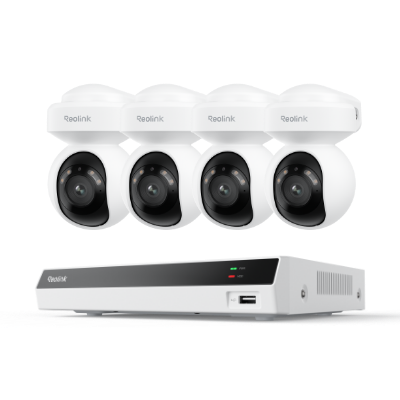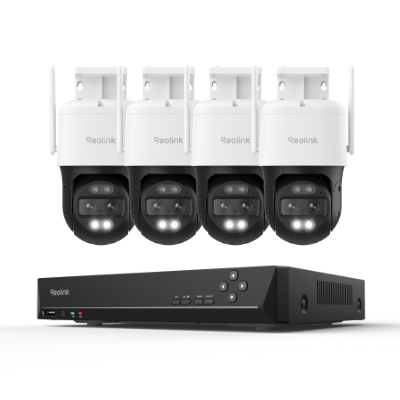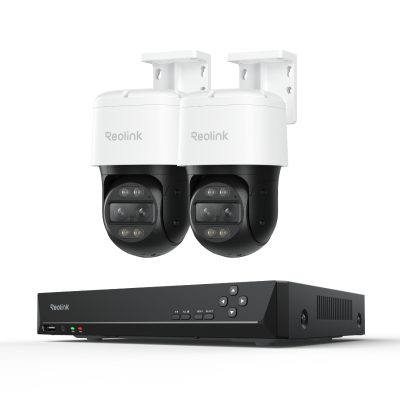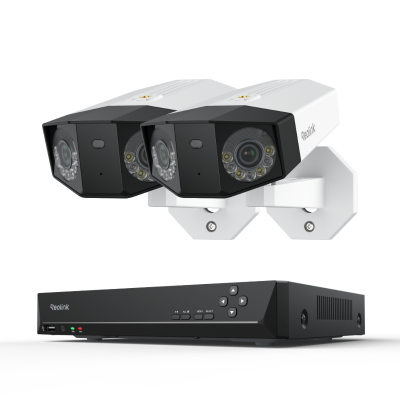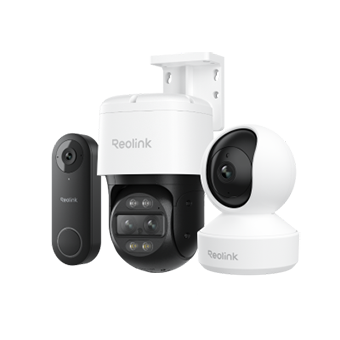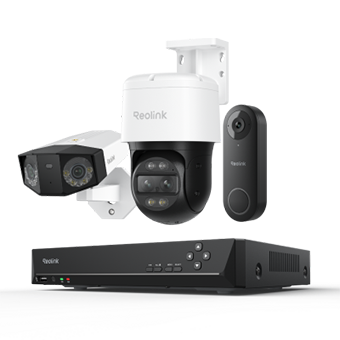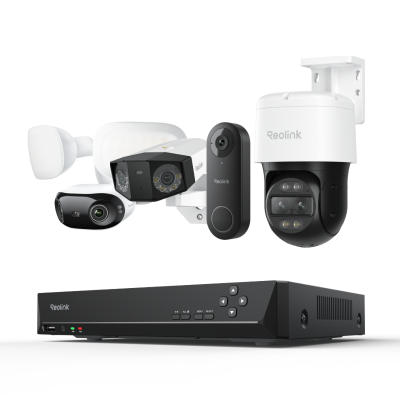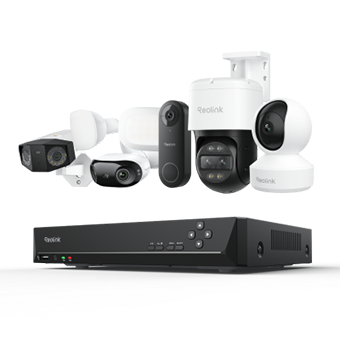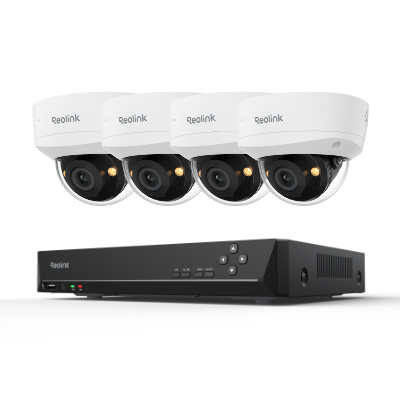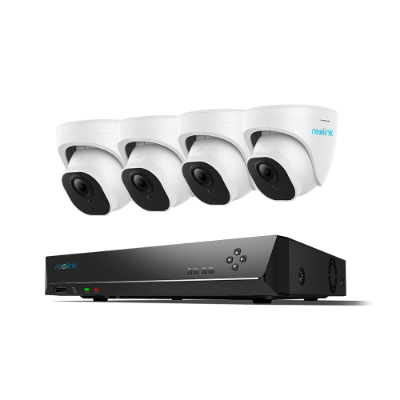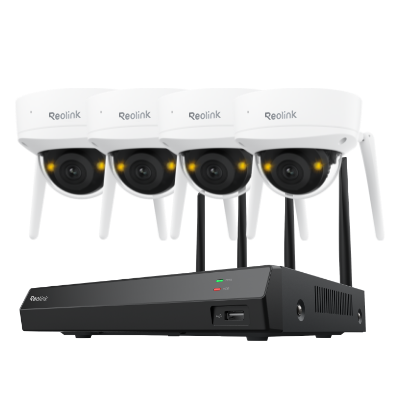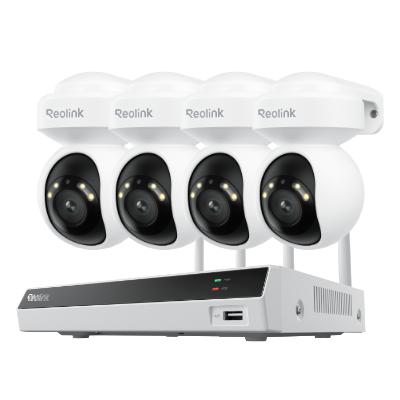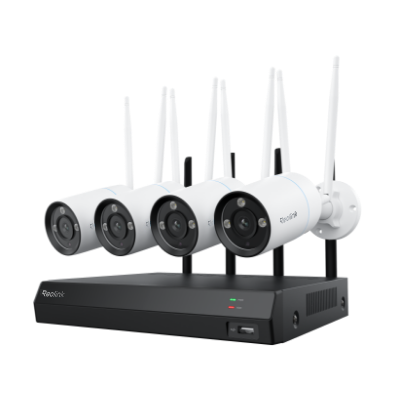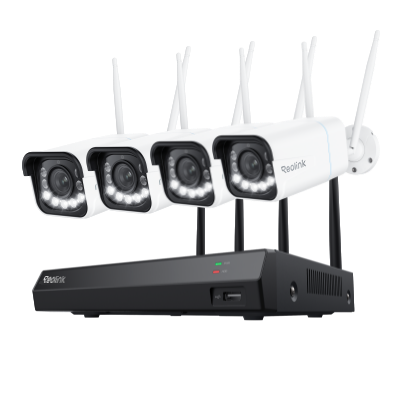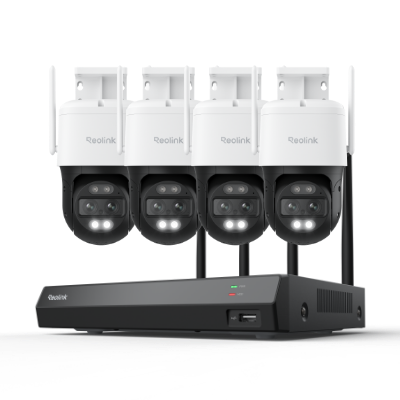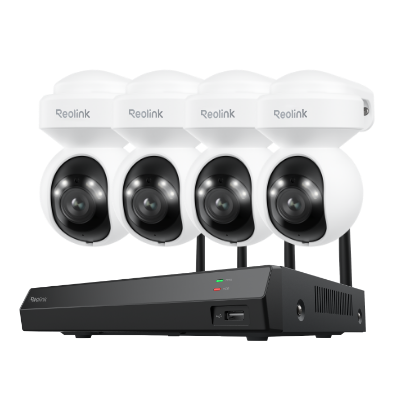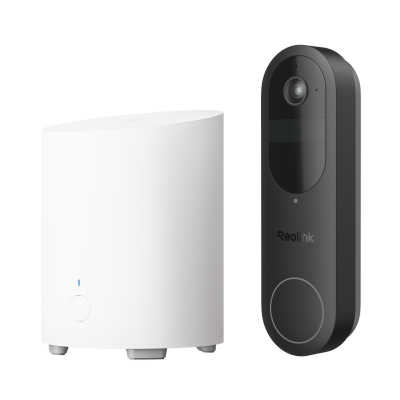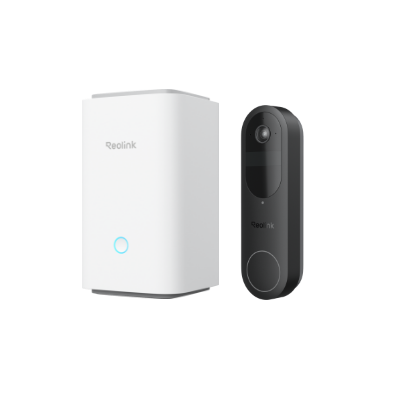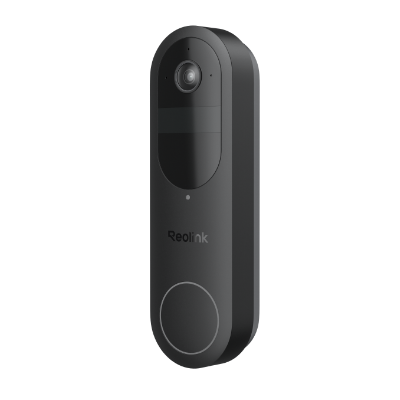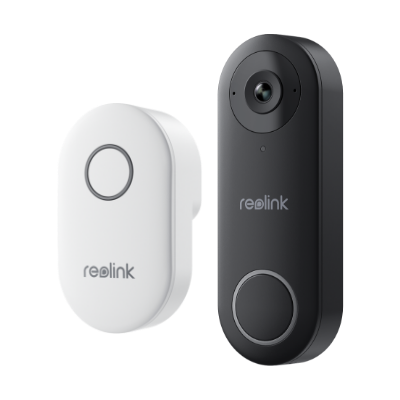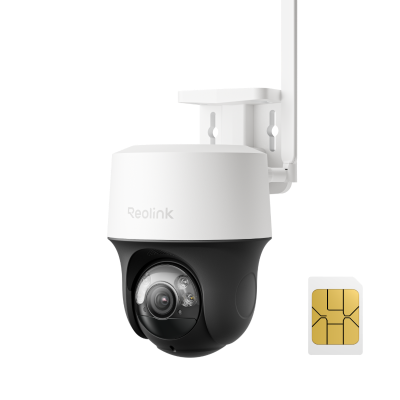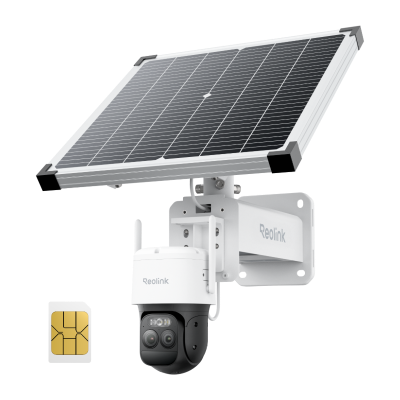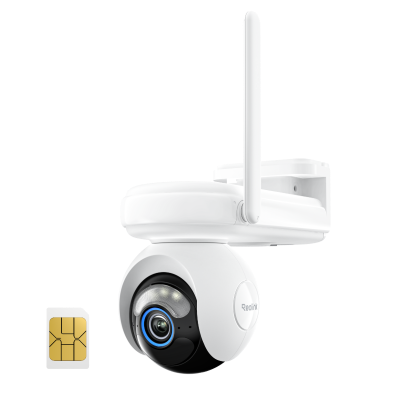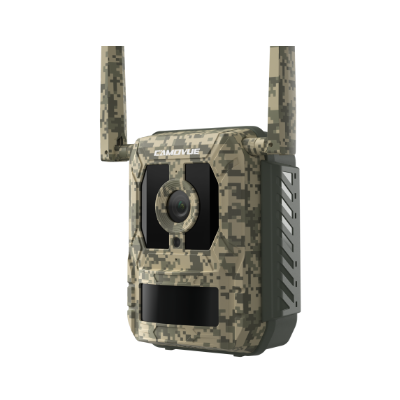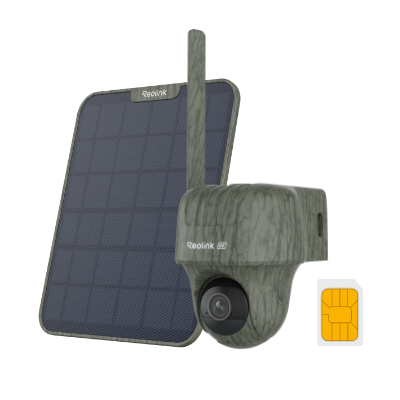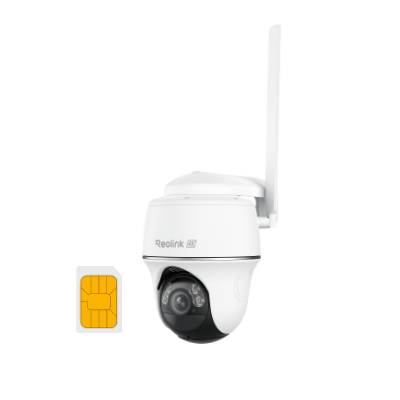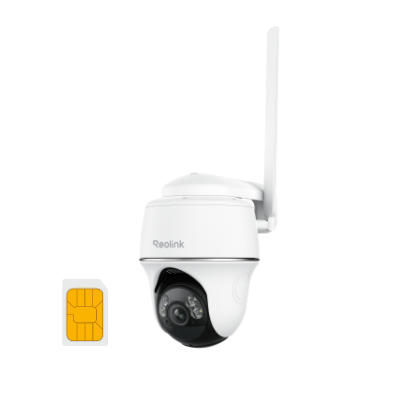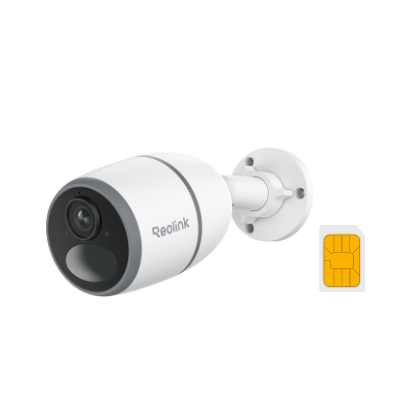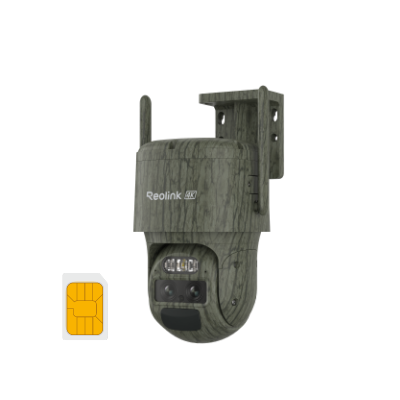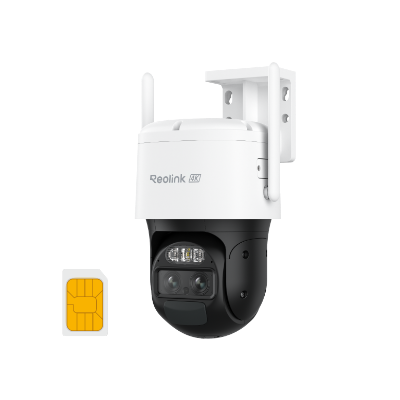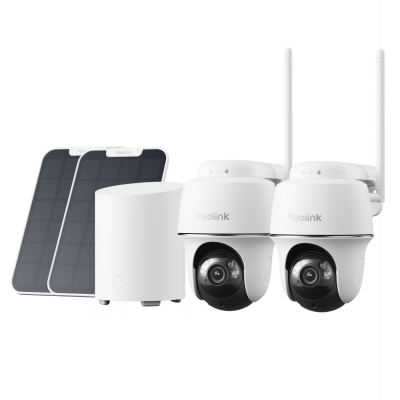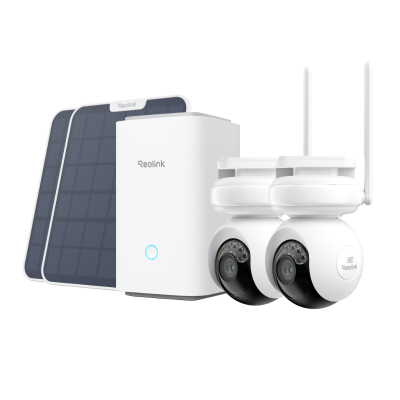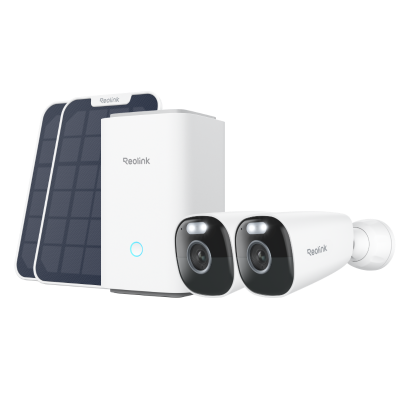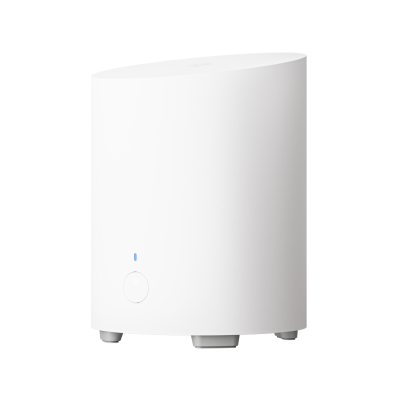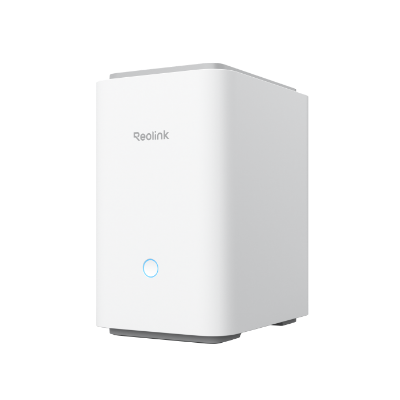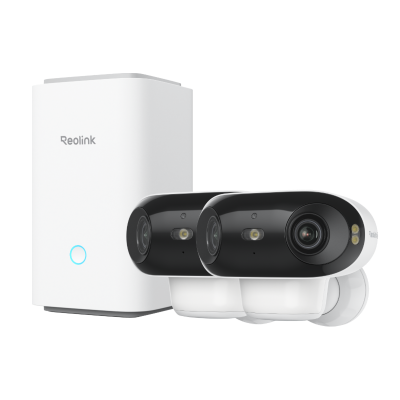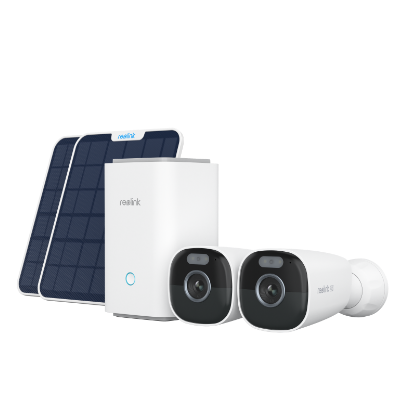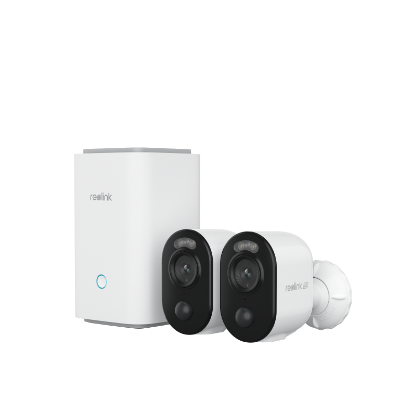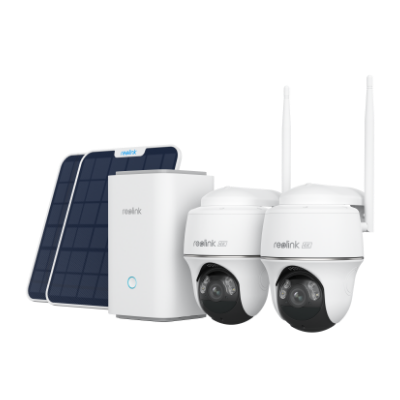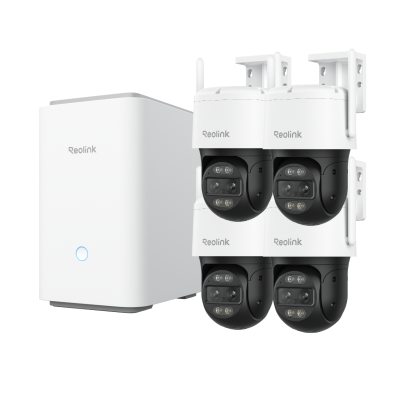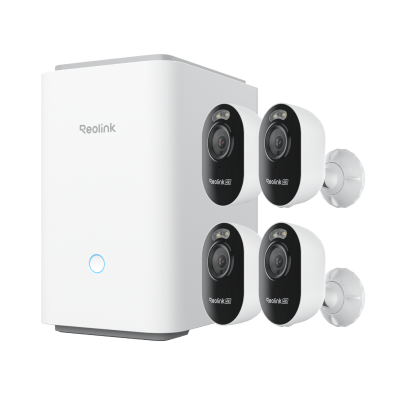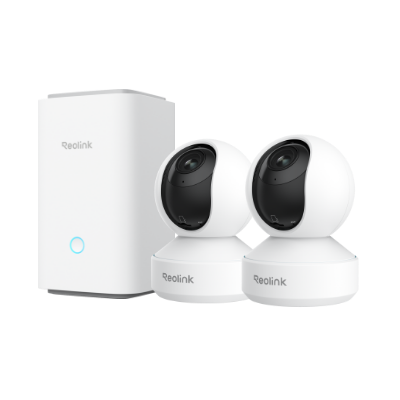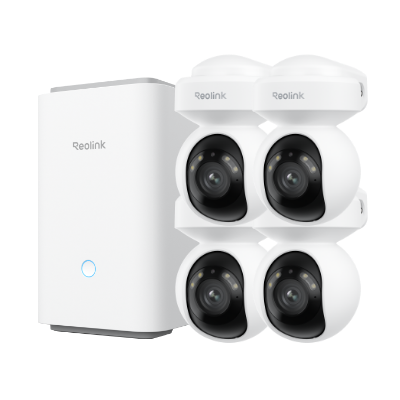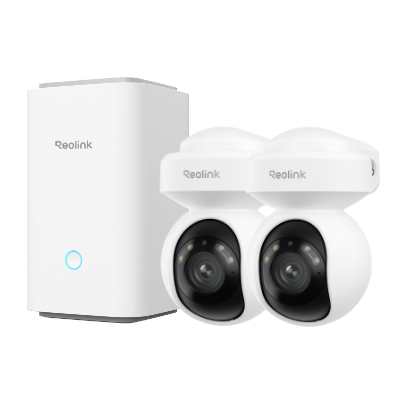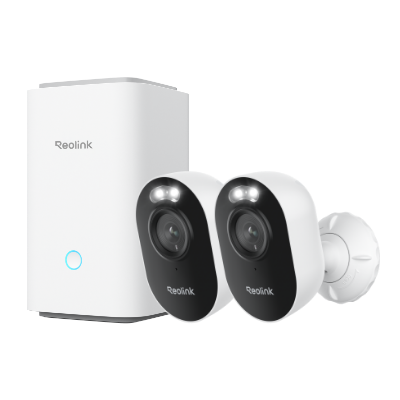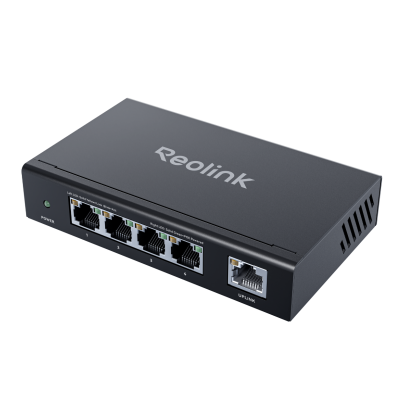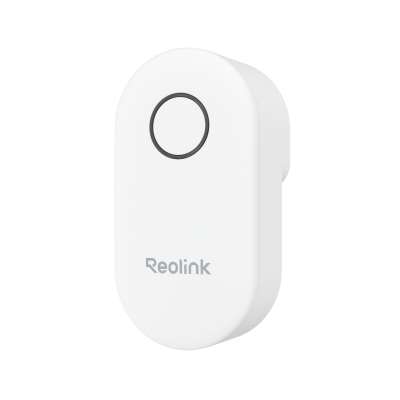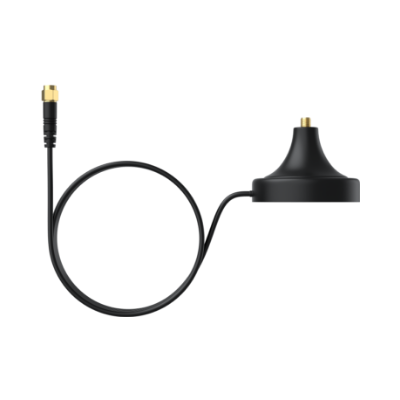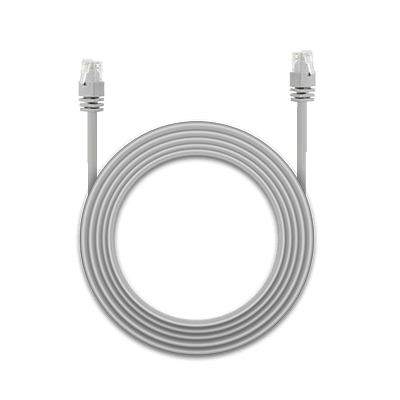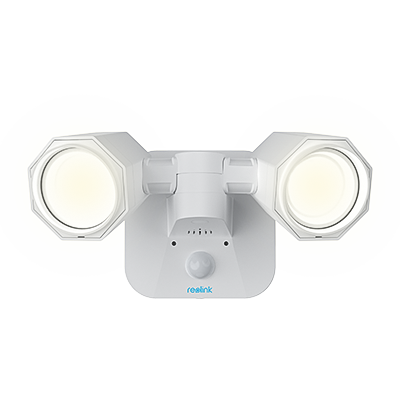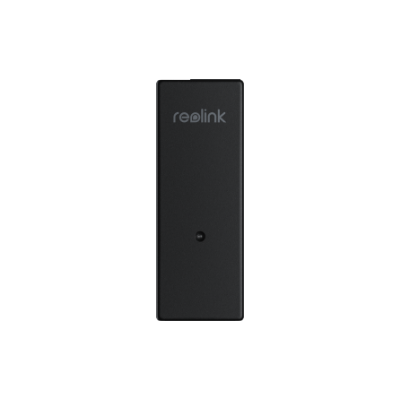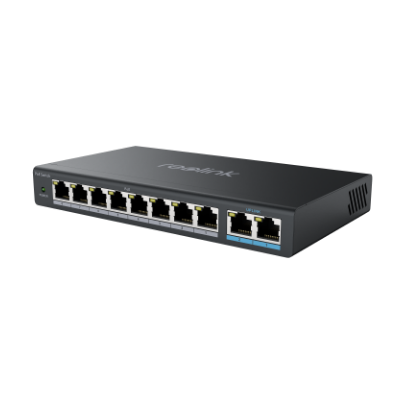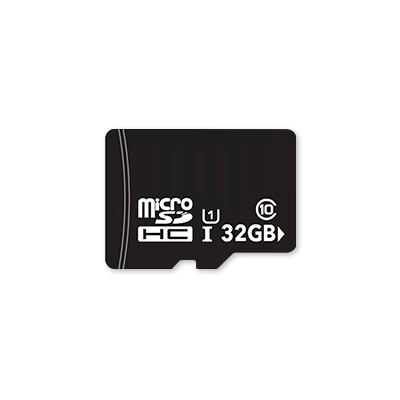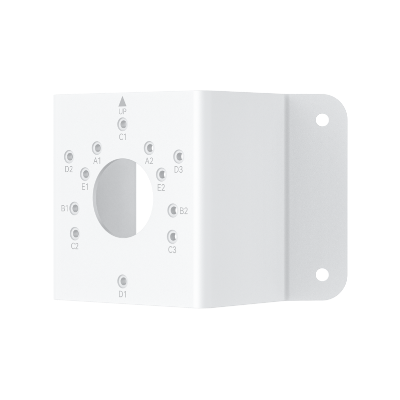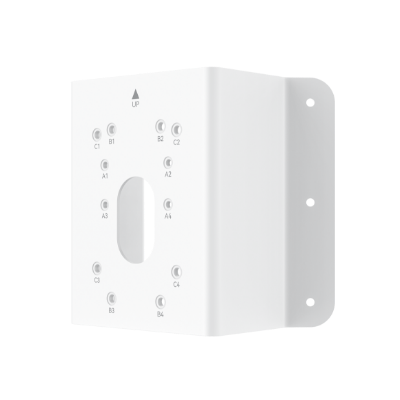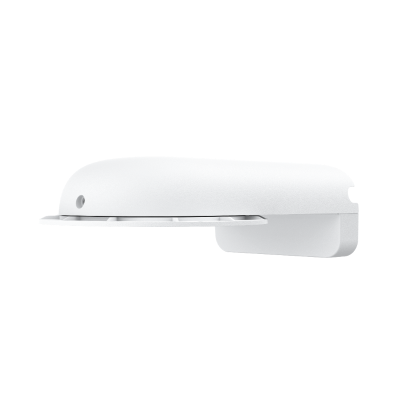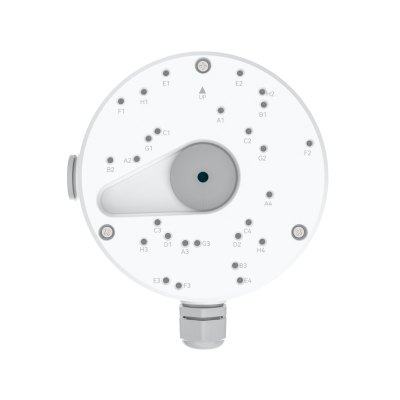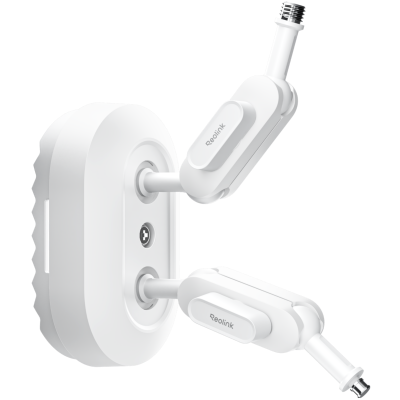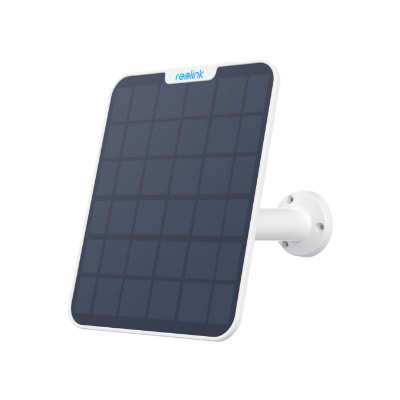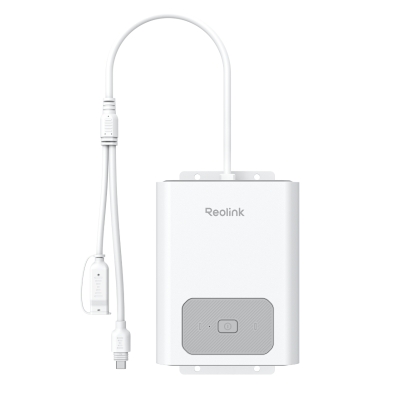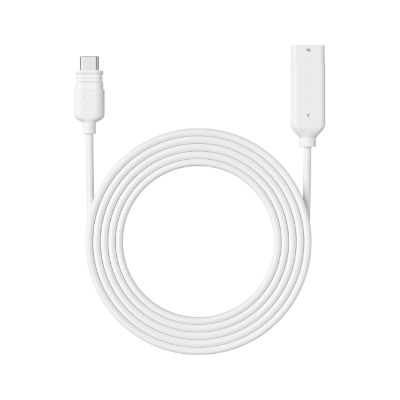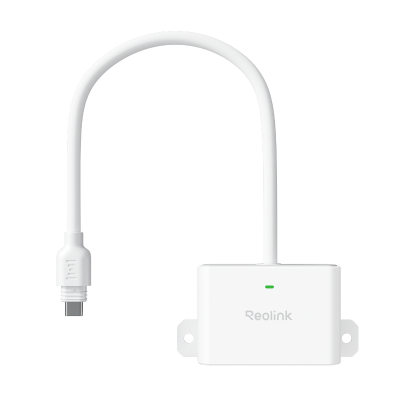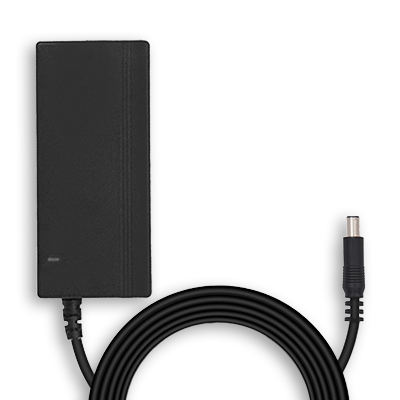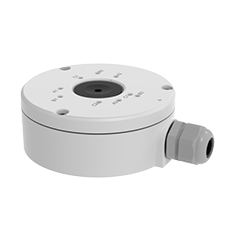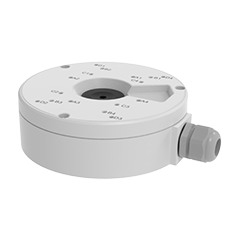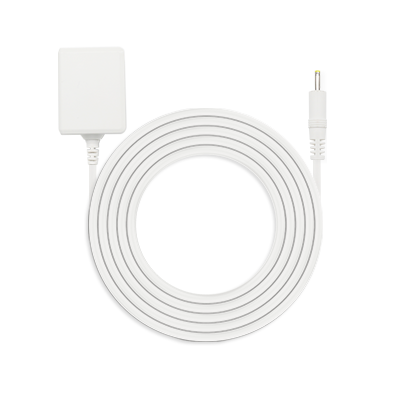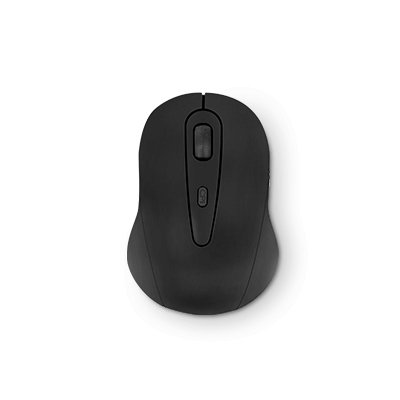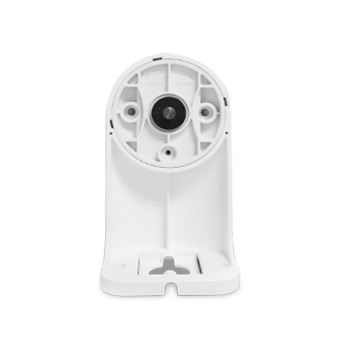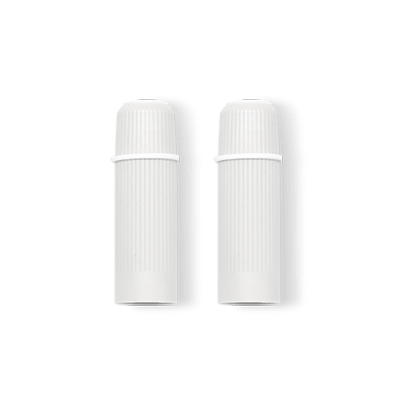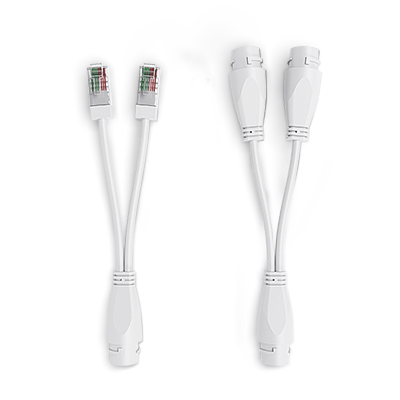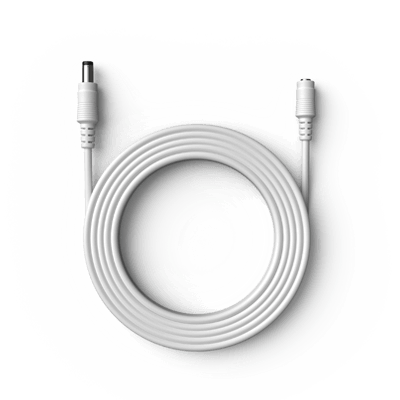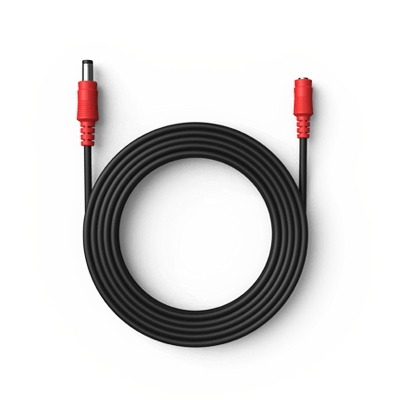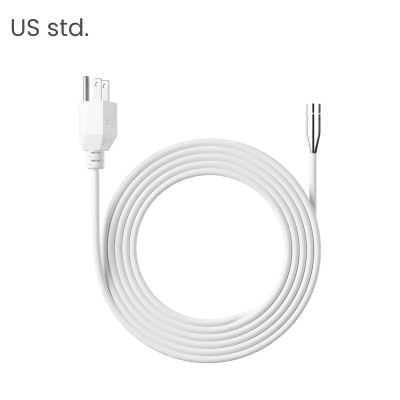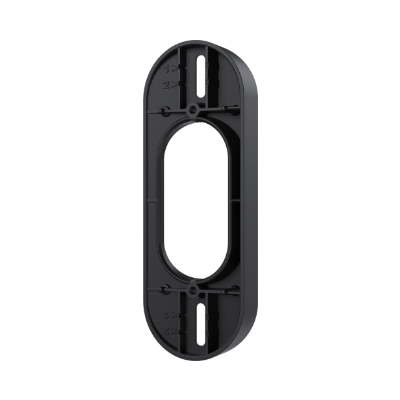Mirrorless vs. DSLR: Which Camera Is Best for You?
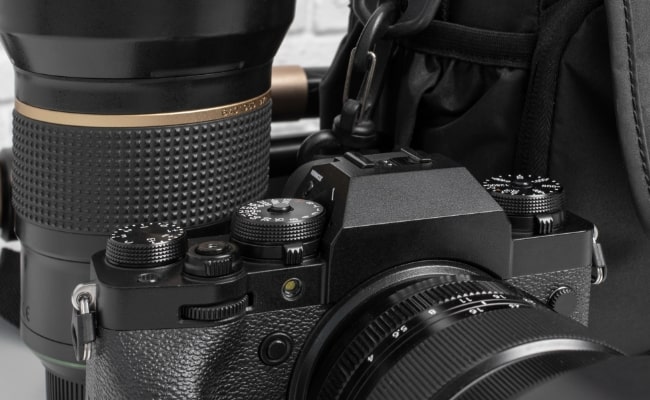
It’s a tough choice between a mirrorless vs DSLR camera, with so many features and options available. Whether you’re a newbie or an old timer, knowing the difference between DSLR and mirrorless cameras will enable you to choose the best one. In this article, we take a look at the basics of each camera type, compare their features, and instruct you as to when and where to use them. You’ll have a better idea of which DSLR or mirrorless is the best option for your photography needs by the end.
Mirrorless vs. DSLR: Understanding the Basics
Before we dive into the detailed comparison of mirrorless camera vs DSLR, let’s break it down by what each camera type is and how mirrorless vs DSLR cameras work.
What is a Mirrorless Camera?
A mirrorless camera does not have an internal mirror that reflects light up to the optical viewfinder like a usual DSLR camera. In fact, light goes directly from the lens to the digital sensor, and the scene is displayed via an electronic viewfinder (or screen).
This makes mirrorless cameras small and light since they don’t need the bulk of a mirror or optical viewfinder. This also allows mirror vs mirrorless cameras for faster shooting speeds, making them a favorite for travel and street photography.
What is a DSLR Camera?
Digital Single Lens Reflex (DSLR) is the term. Some of these cameras have an internal mirror that reflects the light from the lens up into an optical viewfinder, so photographers can see exactly what they’re going to be capturing. When the shutter is pressed, the mirror flips up, and the digital sensor sees the light.
The distinctive look and feel of DSLRs come from this mirror-based system. DSLR cameras are known for their durability, long battery life, and adaptability, making them the go-to camera for traditional and professional photographers.
In addition to mirrorless and DSLR cameras, security cameras can also capture daily footage to protect your property. Don't miss out on exclusive discounts during Reolink Holiday sales!
Reolink Security Camera Sale - Secure Your Home with Huge Savings!
Save big with Reolink! Special deals on security cameras, doorbells, and systems.
DSLR vs. Mirrorless: Key Differences
For DSLR vs mirrorless cameras, it’s a question of features. We’ve listed the major DSLR vs mirrorless camera differences below, so you can see the unique strengths and weaknesses of each type.
Size and Weight
Size is one of the biggest differences between mirrorless and DSLR cameras. As mirrorless cameras don’t have the mirror and optical viewfinder that DSLRs do, they tend to be smaller and lighter. They are easier to carry around, especially for travel or street photographers who are looking for portability.
Viewfinder
With DSLR cameras, you have an optical viewfinder, which means that you can see a natural, real-time view of your subject through the lens. The other type of camera is mirrorless, and they use electronic viewfinders, which are actually digital images of the scene. Some photographers like the clarity of optical viewfinders, while others like the exposure preview of electronic viewfinders.
Autofocus
The two types have different autofocus capabilities. Phase detection technology makes DSLRs faster and more reliable at tracking moving subjects. In recent years, mirrorless cameras have come a long way, and most now have hybrid autofocus systems that work well for still and moving subjects.
Lenses and Sensors
Because DSLRs have been around longer, they have a much wider range of lenses available to them, and they also support different sensor sizes, such as full frame and crop. However, the selection of mirrorless camera lenses is still less than comprehensive. However, adapters allow most mirrorless cameras to use DSLR lenses, filling this gap.
Video
In general, mirrorless cameras are more video-friendly, especially for 4K recording, since they have electronic viewfinders and live view modes that are more video-friendly. Like DSLRs, mirrorless cameras can shoot high-quality videos but usually lack the advanced video-specific features found in many modern mirrorless cameras.
Image Quality
Both DSLR and mirrorless cameras have similar high-quality image options. Both types have full-frame sensors available, and both have superior image quality, dynamic range, and low-light performance. As a result, many photographers may not choose between the two based on image quality.
Image Stabilization
More commonly, mirrorless cameras have image stabilization, either in body or lens-based. It helps to reduce camera shake, especially in low-light situations. Less common in body stabilization, DSLR cameras often rely on lens-based stabilization.
Battery Life
Because of their optical viewfinder, DSLRs usually last longer than mirrorless cameras with electronic viewfinders. A DSLR may be the better choice if you need long-lasting power for long shoots.
Price
Entry-level DSLRs, starting at $250, are generally cheaper than mirrorless cameras, which start at $500. Prices are becoming competitive, but mirrorless cameras, especially those with high-end video capabilities and in-body stabilization, can be more expensive.
Mirrorless vs. DSLR Cameras: Comparison Table
Here’s a quick comparison table to summarize the key differences between mirrorless and DSLR cameras:
DSLR Camera vs. Mirrorless Camera: Where to Use
Here are some common use cases for each camera type:
DSLR Cameras:
- Professional photography sessions
- Events and weddings
- Battery life critical, long, continuous shoots
Mirrorless Cameras:
- Travel and street photography
- Videography and vlogging
- Fast shooting speed action and sports photography
Mirrorless Cameras vs. DSLR Cameras: Pros & Cons
So, now, let’s see the pros and cons of each camera type.
Mirrorless Camera: Pros and Cons
Pros:
- Compact and lightweight
- Real-time exposure preview in an electronic viewfinder
- Many models with in-body image stabilization
- Superior video quality for vlogging and 4K recording
Cons:
- Limited battery life
- Expanding range of lenses (though smaller)
- Generally more expensive
DSLR Camera: Pros and Cons
Pros:
- Long battery life and durability.
- Lenses and accessories come in a wide variety.
- Real-time scene viewing using the optical viewfinder
- Less expensive entry-level options
Cons:
- Bulkier and heavier
- Fewer video capabilities than mirrorless
Should You Buy a DSLR or Mirrorless?
If your needs and priorities are specific, then the choice between DSLR and mirrorless cameras is yours. If portability, fast shooting speeds, and video quality are your priorities, a mirrorless camera is probably the way to go. If you’re looking to future-proof your equipment with newer tech, mirrorless cameras are also ideal.
However, if you prefer a robust design, a longer battery life, and a large selection of lenses, you might be better off with a DSLR. Entry-level DSLRs are also an affordable way for those starting on a budget to get into photography.
FAQs
Are mirrorless cameras better than DSLRs?
Mirrorless cameras offer advantages in size, weight, and video capabilities, but whether they're "better" depends on personal preferences and specific requirements. Each type has its unique strengths.
Do professional photographers use DSLR or mirrorless?
Professional photographers use both, depending on their needs. Many are transitioning to mirrorless for its portability and video quality, though DSLRs are still popular for their durability and battery life.
What are the disadvantages of a mirrorless camera?
The primary disadvantages are shorter battery life, limited lens options, and potentially higher prices compared to DSLR models.
Conclusion
In the 'mirrorless vs DSLR' debate, there is no one camera that is the best but the one that you value most. Mirrorless cameras are portable and boast advanced video features, while DSLRs remain tough and have long battery lives. If you’re just getting started or upgrading, ask yourself if you need to get the best possible camera or if you’re looking for a camera to capture the type of content you want to create. Let me know in the comments which camera you think is best for you!
Search
Subscribe for the Latest Updates
Security insights & offers right into your inbox

